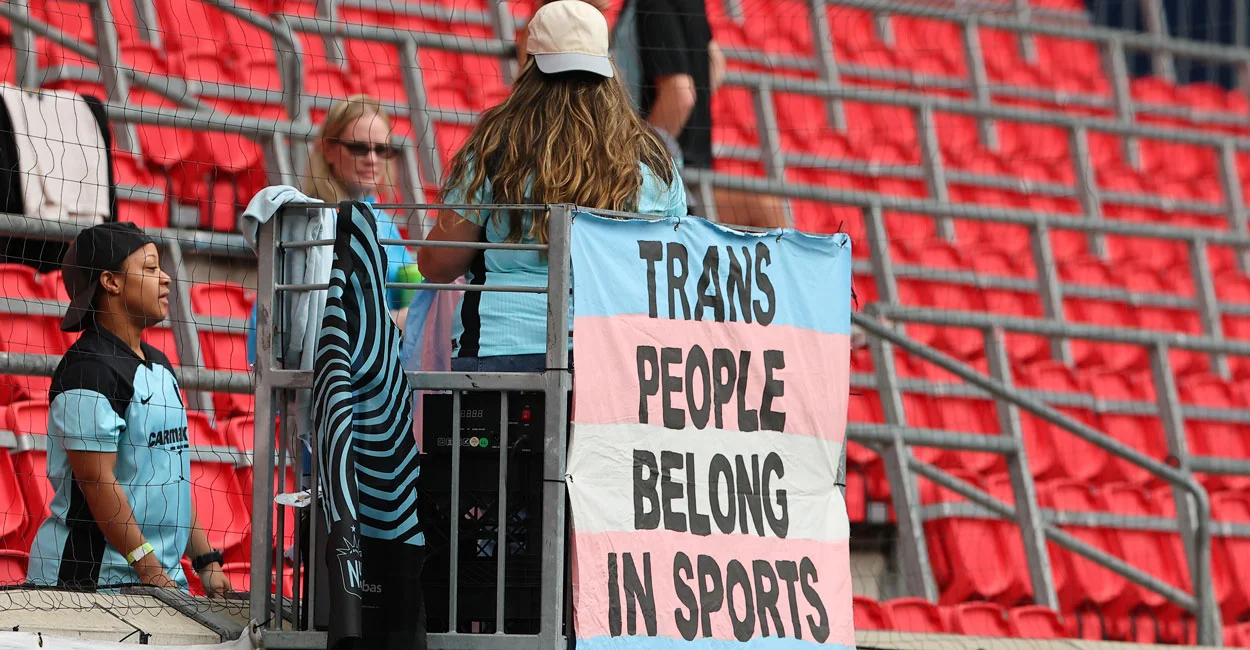Copyright gnnliberia

By Christian Appleton Pleebo City, Maryland County:–For generations, residents of Pleebo City in Maryland County have relied on unsafe wells, hand pumps, and nearby streams for their drinking water. This daily struggle has left thousands vulnerable to waterborne diseases and chronic hardship. That long and painful chapter is now finally coming to a close. In what is being hailed as a historic milestone, the Liberia Water and Sewer Corporation (LWSC) has officially broken ground on the city’s first-ever pipe-borne water system. The project is expected to transform the health, economy, and quality of life for residents across Pleebo and its surrounding communities. At the groundbreaking ceremony, community leaders, government officials, and jubilant citizens gathered in celebration, describing the project as a long-awaited dream finally realized. “This is more than just pipes in the ground—it’s about life, health, and dignity,” said Mr. Wilson Gaye, Deputy Director General of the LWSC, as he addressed the cheering crowd. “We are committed to ensuring that every Liberian, no matter where they live, enjoys equal access to clean and safe water.” Gaye explained that the Pleebo project is part of a broader national effort to restore and expand water infrastructure across Liberia, particularly in underserved regions. He referenced similar successful initiatives already underway in Zwedru and Greenville, adding that the project aligns with the government’s long-term plan to achieve universal access to safe water and sanitation. Beyond improving public health, the LWSC official emphasized that the project would also boost local economic activity and employment. He called on contractors to prioritize hiring local residents, in keeping with the government’s “Liberia First” policy, which promotes local participation in development programs. “We want this project to empower the people of Maryland—not just through access to water, but through meaningful participation,” Gaye noted. “This is your project; own it, protect it, and benefit from it.” For Hon. Henry B. Cole Jr., Superintendent of Maryland County, the event represented more than just infrastructure development—it symbolized progress, hope, and renewal for a region often overlooked in national projects. “Today, we are witnessing the birth of a new Maryland,” Superintendent Cole declared with visible emotion. “This is a dream we have cherished for decades—clean water for our people. This is not just a government project; it is a victory for every family in Pleebo.” He urged residents to move beyond political divisions and unite around development. “When we embrace progress, we move forward as one people,” he said, calling on the community to safeguard the project and work with the LWSC to ensure its sustainability. The superintendent also extended appreciation to the central government and President Joseph N. Boakai for prioritizing Maryland County and assured residents that his administration would provide full support to guarantee the project’s timely completion. Among the dignitaries was Senator James P. Biney, who represents Maryland County in the Liberian Senate. Senator Biney described the groundbreaking as a “testament to persistence and vision,” commending all those who played a role in bringing the project to fruition. “To say I am happy would be an understatement,” he said to applause. “This project proves that when we put the people first, great things happen. This is about progress, not politics.” Senator Biney expressed gratitude to the Ministry of Finance, the LWSC, and international partners for their collaboration, emphasizing that access to clean water is not a privilege but a basic human right. He assured residents that the project will not only be completed but will also be maintained for the long term through effective management and oversight. “We must ensure this water system serves generations to come,” Biney stressed. “This is the foundation for a healthier, stronger Maryland County.” The excitement surrounding the new water system extended beyond government officials. Mr. Melvin T. Weah, President of the Maryland County Youth Association, pledged the support of young people in maintaining and protecting the new system. “For too long, waterborne diseases have taken lives in our communities,” Weah said. “We, the youth, will take ownership of this project. We will make sure it succeeds. This is our future, and we must guard it.” Weah also called on his peers to join hands with local authorities in promoting public awareness about water hygiene, conservation, and the proper use of public infrastructure. The launch of the Pleebo water project marks a turning point not just for the city but for the entire southeastern region of Liberia, where access to clean water has historically been one of the greatest challenges. Public health experts in the county have repeatedly warned about the dangers of drinking from unprotected sources, citing frequent outbreaks of cholera, typhoid, and diarrhea. With the introduction of a reliable, treated water system, those threats are expected to decrease dramatically. Local residents, many of whom have endured years of fetching water from distant and contaminated sources, could not hide their joy. Madam Sarah Toe, a resident of Zone 3 in Pleebo, said the new system will change lives—especially for women and children. “Every morning, my daughters walk almost an hour just to fetch water,” she explained. “Sometimes the water is dirty, but we have no choice. Now, our children will finally have time for school instead of carrying buckets.” According to LWSC officials, the Pleebo water project will include modern treatment facilities, storage reservoirs, and an expanded distribution network reaching key neighborhoods across the city. The first phase focuses on laying the main transmission lines and installing community standpipes, with household connections planned in later stages. Funding for the project comes through a combination of government allocation and support from development partners under Liberia’s national Water, Sanitation, and Hygiene (WASH) program. Construction is expected to take several months, with engineers already mobilized on-site. Once completed, the system will serve thousands of residents and provide a model for similar projects in other parts of rural Liberia. As construction begins, optimism runs high across the city. For residents who have walked miles each day to fetch water, the idea of turning on a tap at home still feels like a dream—but one that’s finally within reach. The Pleebo pipe-borne water project is not just an engineering achievement; it is a symbol of progress and equality—proof that development can reach even the most remote corners of Liberia when there is vision and commitment. For many in Maryland County, this moment marks the beginning of a cleaner, healthier, and more hopeful future. As Superintendent Cole aptly put it, “Water is life—and today, life has come to Pleebo.”



